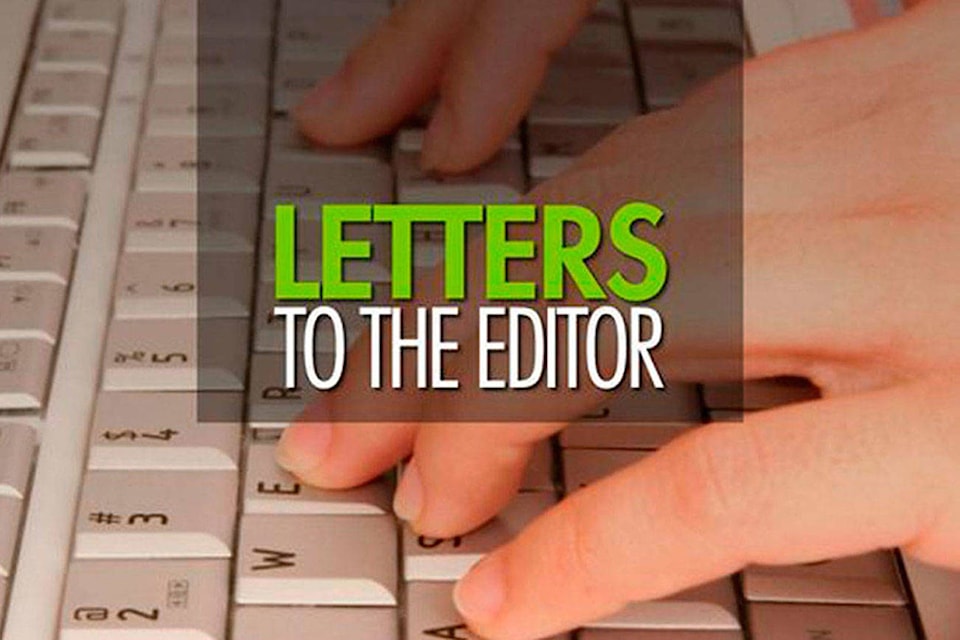Education
Society Faces Crisis as Ignorance Supplants Intellectualism

The ongoing erosion of intellectualism has sparked concerns among many, as critical thinking and education increasingly face scrutiny. In a letter to the editor, William Perry from Victoria outlines a troubling trend where independent thought is perceived as elitism, while ignorance is celebrated as common sense. This transformation, he argues, has not occurred overnight but is the result of a systematic approach to undermine facts and expertise.
The first step in this process, according to Perry, is the rebranding of ignorance. When confronted with uncomfortable truths, individuals label such information as “fake news.” Historical events that contradict personal beliefs are dismissed as non-existent. This shift has led to a culture where factual information is viewed with suspicion, making it difficult for individuals to discern reality from fiction.
Perry points out a growing hostility towards expert opinions. He notes that professionals, such as doctors and professors, are often viewed through a lens of distrust. Some believe that medical practitioners prioritize profit over patient care, while educators are accused of indoctrinating students. Journalists, too, find themselves in the crosshairs, often branded as agents of conspiracy. This skepticism towards expertise threatens the foundation of informed decision-making in society.
The third step in this troubling evolution is the replacement of knowledge with loyalty. Perry argues that evidence and research are increasingly sidelined in favor of maintaining an echo chamber that aligns with personal beliefs. In this environment, individuals rally around rhetoric rather than facts, leading to a culture of rage and division. The consequences are alarming, as intellectual pursuits are viewed as antagonistic rather than beneficial.
This shift has resulted in a paradox where banning books is framed as a form of freedom, and questioning established narratives can lead to stigmatization. Perry emphasizes that, in this context, those who seek knowledge are often labeled as enemies. He concludes by asserting that the effort to control how individuals think has escalated to the point of undermining the very processes of thought itself.
As society navigates this complex landscape, the implications for education, public discourse, and democratic engagement are profound. The struggle between factual knowledge and emotional loyalty raises critical questions about the future of intellectualism and the role of informed citizens in shaping a rational dialogue.
-

 Politics4 weeks ago
Politics4 weeks agoSecwepemc First Nation Seeks Aboriginal Title Over Kamloops Area
-

 World5 months ago
World5 months agoScientists Unearth Ancient Antarctic Ice to Unlock Climate Secrets
-

 Entertainment5 months ago
Entertainment5 months agoTrump and McCormick to Announce $70 Billion Energy Investments
-

 Science5 months ago
Science5 months agoFour Astronauts Return to Earth After International Space Station Mission
-

 Lifestyle5 months ago
Lifestyle5 months agoTransLink Launches Food Truck Program to Boost Revenue in Vancouver
-

 Technology3 months ago
Technology3 months agoApple Notes Enhances Functionality with Markdown Support in macOS 26
-

 Lifestyle3 months ago
Lifestyle3 months agoManitoba’s Burger Champion Shines Again Amid Dining Innovations
-

 Top Stories2 months ago
Top Stories2 months agoUrgent Update: Fatal Crash on Highway 99 Claims Life of Pitt Meadows Man
-

 Politics4 months ago
Politics4 months agoUkrainian Tennis Star Elina Svitolina Faces Death Threats Online
-

 Sports5 months ago
Sports5 months agoSearch Underway for Missing Hunter Amid Hokkaido Bear Emergency
-

 Politics5 months ago
Politics5 months agoCarney Engages First Nations Leaders at Development Law Summit
-

 Technology5 months ago
Technology5 months agoFrosthaven Launches Early Access on July 31, 2025





















